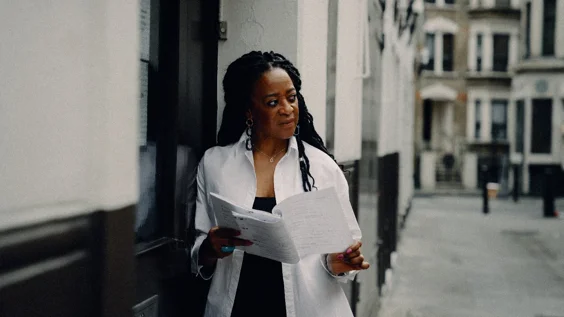The Equality Act states that you must not be discriminated against on the basis of your religion or belief, or because of a lack of you having a religion or belief.
The Act states that ‘religion means any religion’, but does not include a definition of religion. In practice we can assume that this means any religion with a clear structure and system of belief. Including Christianity, Judaism, Islam and Hinduism, as well as others such as Baha’i, Jainism, Rastafarianism and Zoroastrianism and more.
The Act expressly includes those with no form of religion or belief from discrimination as a result of this status. This would include atheists, humanists and secularists for example.
The Act does not include a definition of belief. But over time legal cases have determined ways to measure whether a specific belief can be deemed sufficient to gain protection under the Act. These measures include that the belief is genuinely held, be a belief and not just an opinion, attain a level of importance and be worthy of respect in society.
What does and does not constitute a belief constantly evolves in the UK, with newer cases supporting the understanding of what a belief can be.
We are here to support you if you have experienced poor treatment related to your religion or belief, or because you have no religion or belief.
But the law is complex. We need to act quickly when raising a concern with a producer or engager and make sure there is sufficient evidence to support an allegation. Speak to us for advice at the earliest opportunity.
Contact EquityCircumstances when being treated differently due to age may be lawful
There are scenarios where a producer or engager, may engage in activity where differential treatment based on religion or belief is lawful. This may be, for example, where there is a request for an occupational requirement. For example that a breakdown seeks to cast someone from a specific religious or belief group for reasons of authenticity in the portrayal of a character. Or a positive action measure may also be applied lawfully, to overcome historical barriers to gaining work or work experience for a specific religious or belief group.

